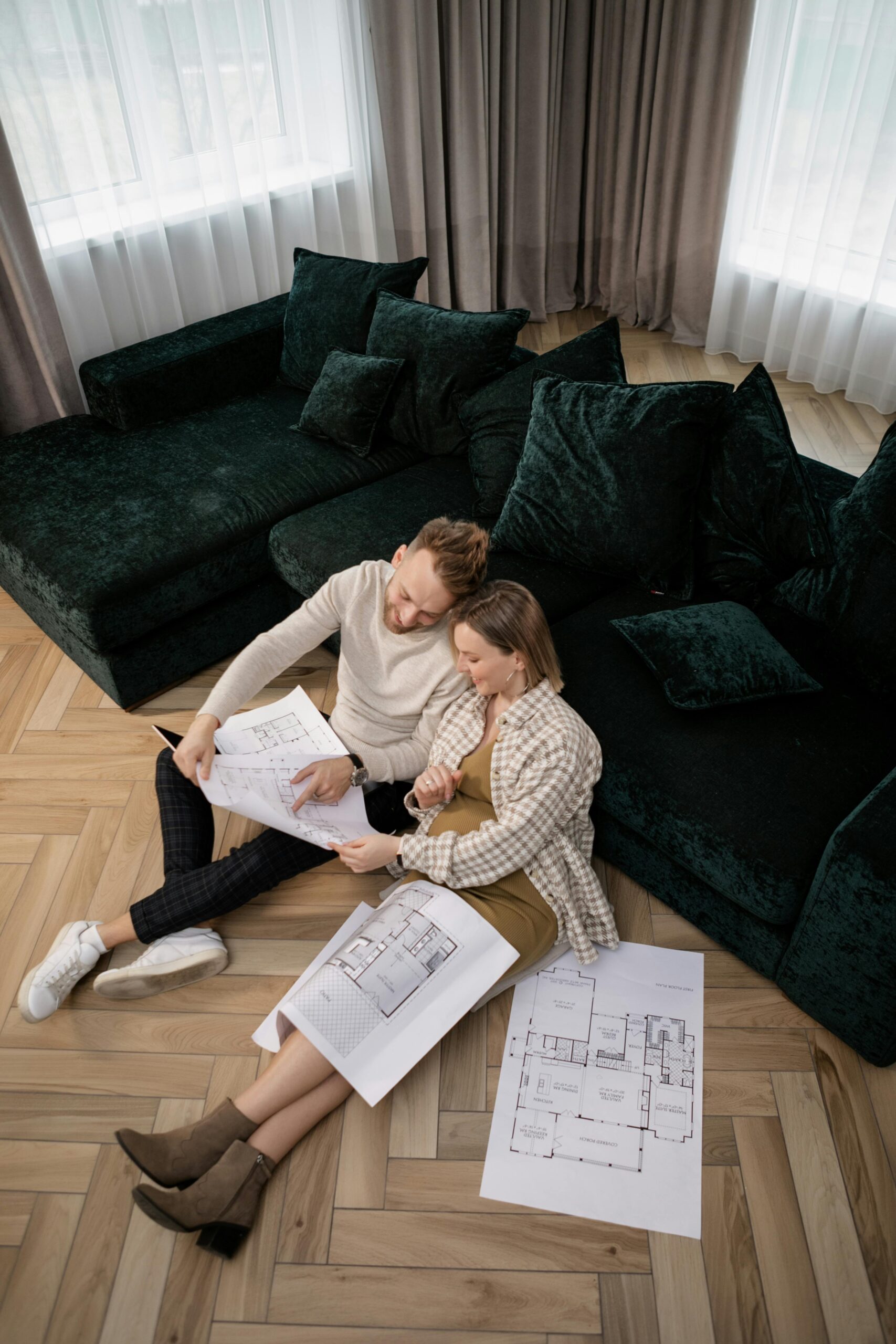
Should You Rent or Buy?
Deciding whether to rent or buy a home is a significant decision that depends on various factors, including financial situation, lifestyle preferences, and market conditions. Here are some considerations to help you make an informed choice:
Renting
Pros:
- Flexibility: Renting offers more flexibility if you need to move for work, personal reasons, or lifestyle changes.
- Lower Upfront Costs: Generally, renting requires a security deposit and the first month’s rent, while buying a home typically involves a down payment and closing costs.
- Maintenance Responsibilities: Renters usually aren’t responsible for maintenance and repair costs, which can save money and time.
- Access to Amenities: Many rental properties come with amenities, such as pools or gyms, without the additional costs of ownership.
Cons:
- No Equity: Rent payments do not contribute to building equity. Over time, monthly rent payments can add up without yielding long-term financial benefits.
- Limited Control: Renters may have restrictions on customization and may not be able to make changes to the property.
- Rent Increases: Rent can increase when leases are renewed, affecting long-term housing costs and stability.
Buying
Pros:
- Equity Building: Monthly mortgage payments contribute to your equity in the home, which can grow over time as property values increase.
- Stability: Owning a home can provide stability, especially for families or those looking to settle in one place for the long term.
- Tax Benefits: Homeowners may benefit from tax deductions on mortgage interest and property taxes, depending on local regulations.
- Personalization: Homeowners have the freedom to customize and renovate their homes as they wish.
Cons:
- Higher Upfront Costs: Buying a home involves significant upfront costs, including a down payment, closing costs, and other fees.
- Maintenance Responsibilities: Homeowners are responsible for all maintenance, repairs, and renovations, which can be costly and time-consuming.
- Market Risk: Real estate markets can fluctuate, and there’s a risk of property value declining, potentially leading to losses if you need to sell.
- Less Flexibility: Selling a home can be a lengthy process, which may not align with changing personal or professional circumstances.
Key Considerations
- Financial Situation: Assess your savings, income stability, and ability to manage monthly payments, including property taxes and insurance.
- Length of Stay: If you plan to stay in one place for several years (generally five years or more), buying may be more beneficial. Shorter stays may favor renting.
- Market Conditions: Look at the local real estate market. If home prices are high and mortgage rates are rising, renting could be more appealing until conditions improve.
- Personal Goals: Consider your lifestyle and personal goals. Owning a home can be fulfilling for some, while others may prefer the flexibility of renting.
Ultimately, the decision to rent or buy should reflect your unique circumstances, financial goals, and living situation. It may also be helpful to consult with a financial advisor or real estate professional to evaluate your options.
October 21, 2024
Leave a Reply Cancel reply
© 2020 CENTURY 21 Prime South Realty, Inc. All rights reserved. CENTURY 21®, the CENTURY 21 Logo and C21® are registered service marks owned by Century 21 Real Estate LLC. Century 21 Real Estate LLC fully supports the principles of the Fair Housing Act and the Equal Opportunity Act. Each office is independently owned and operated.